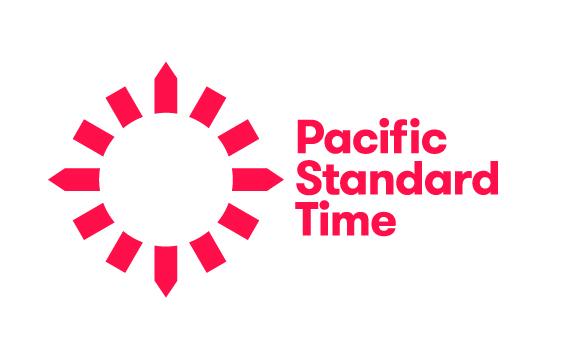Last week the Getty Foundation announced the grant recipients for the next iteration of Pacific Standard Time, an unprecedented series of collaborations among institutions across Southern California to present research-based exhibitions and programs that explore and illuminate a significant theme in the region's cultural history. LACMA will join a community of 45 Southern California cultural, educational, and scientific institutions to present exhibitions, publications, performances, and public programs in 2024 as part of the Getty's Pacific Standard Time initiative.
The theme for the upcoming initiative focuses on the intertwined histories of art and science, past and present, that together address some of the most complex challenges of the 21st century—from climate change and environmental racism to the current pandemic and artificial intelligence—and the creative solutions these problems demand.
Thanks to this grant from the Getty Foundation, our curators have an incredible opportunity to research and present forward-thinking scholarship that will expand our understanding of art, science, and technology.
LACMA will present four shows in conjunction with Pacific Standard Time examining topics including the development of cosmology across time and space, the science behind Mesoamerican paintings, transformational design changes in the American home, and a look at how the tools of digital manipulation impact photography, graphic design, and visual effects.
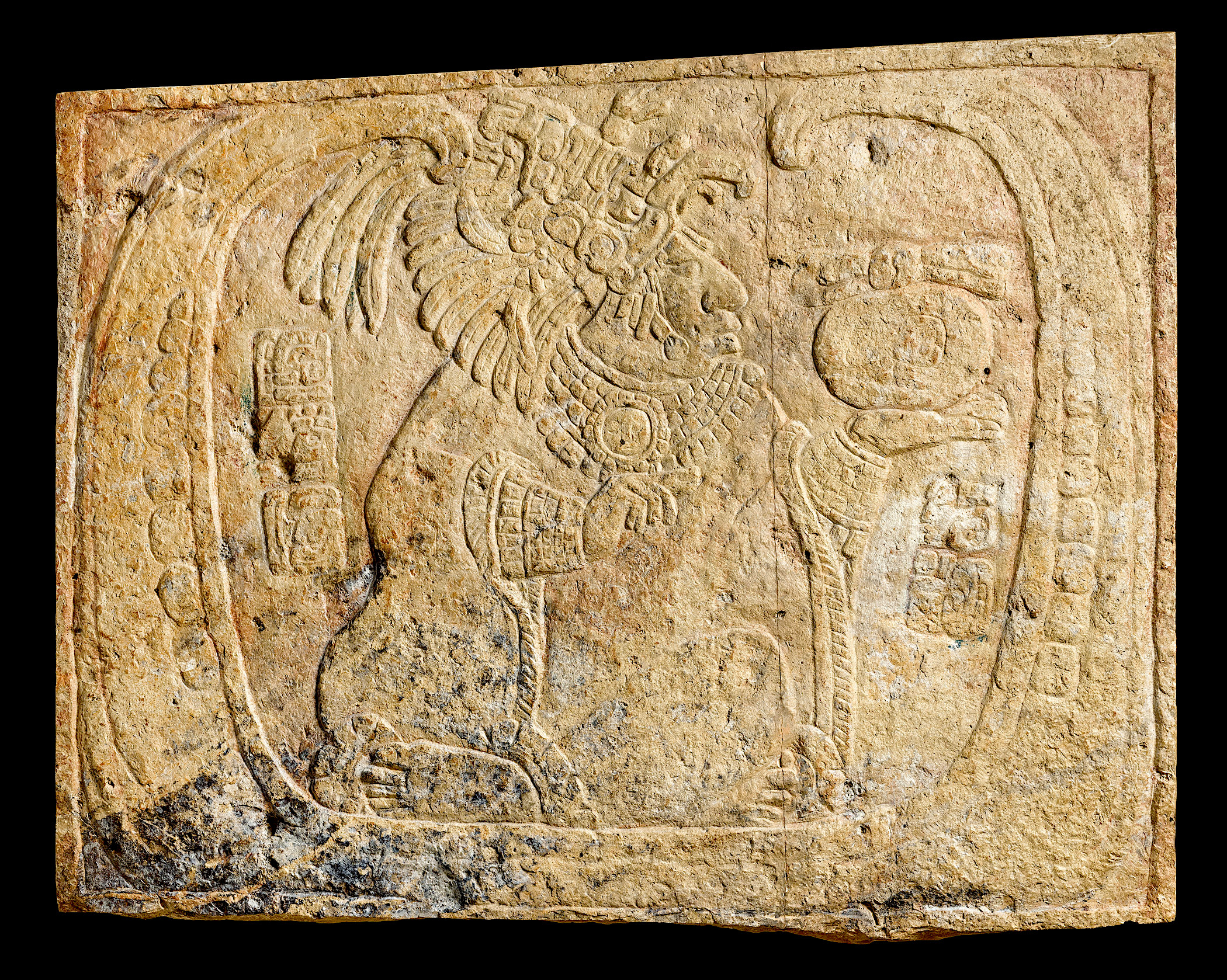
Cosmologies presents an ambitious exploration of attempts to explain the origins and mechanics of the universe across human history from the Neolithic Period to the present. Using images, objects, and built structures spanning the British Isles, Egypt, India, China, and Mesoamerica, the exhibition will examine the development and function of observational astronomy and the creation of conceptual matrixes for understanding time, space, and cosmic origins. LACMA will collaborate with scientists at Griffith Observatory and Carnegie Observatories to tell these histories.
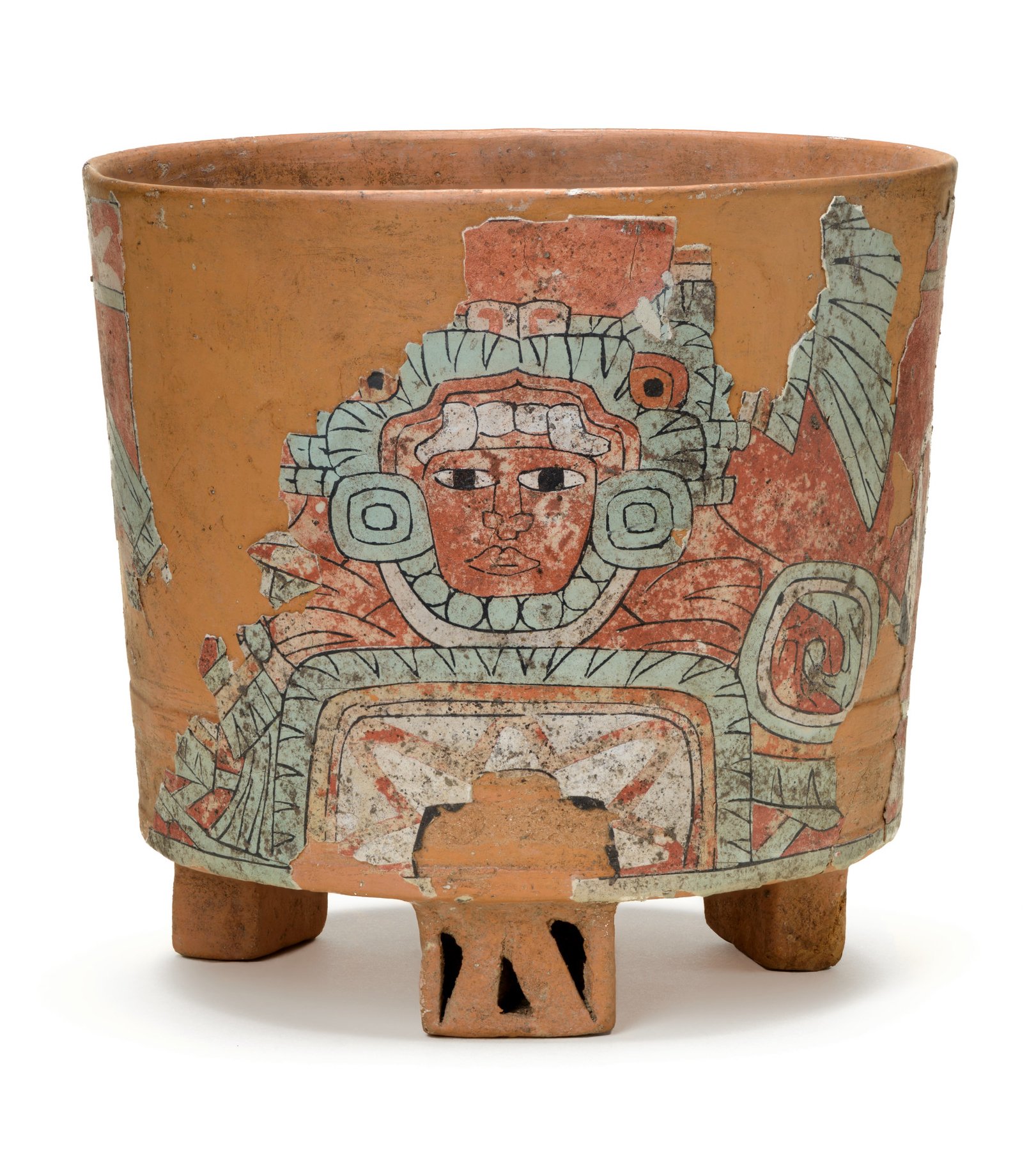
Mesoamerican artists drew upon their mastery of science to create paintings for diverse, even supernatural audiences. Beyond the Image: Materiality and the Genres of Mesoamerican Painting will put painting practices from 2000 BCE to the 16th century across present-day Mexico and Central America literally under the microscope, including rare murals, polychrome ceramics, pre-Hispanic codices, and feather mosaics. The exhibition will highlight the artist's role as a scientist who observes nature and understands its patterns, a technician who wields this understanding, and a maker whose works envision new worlds.
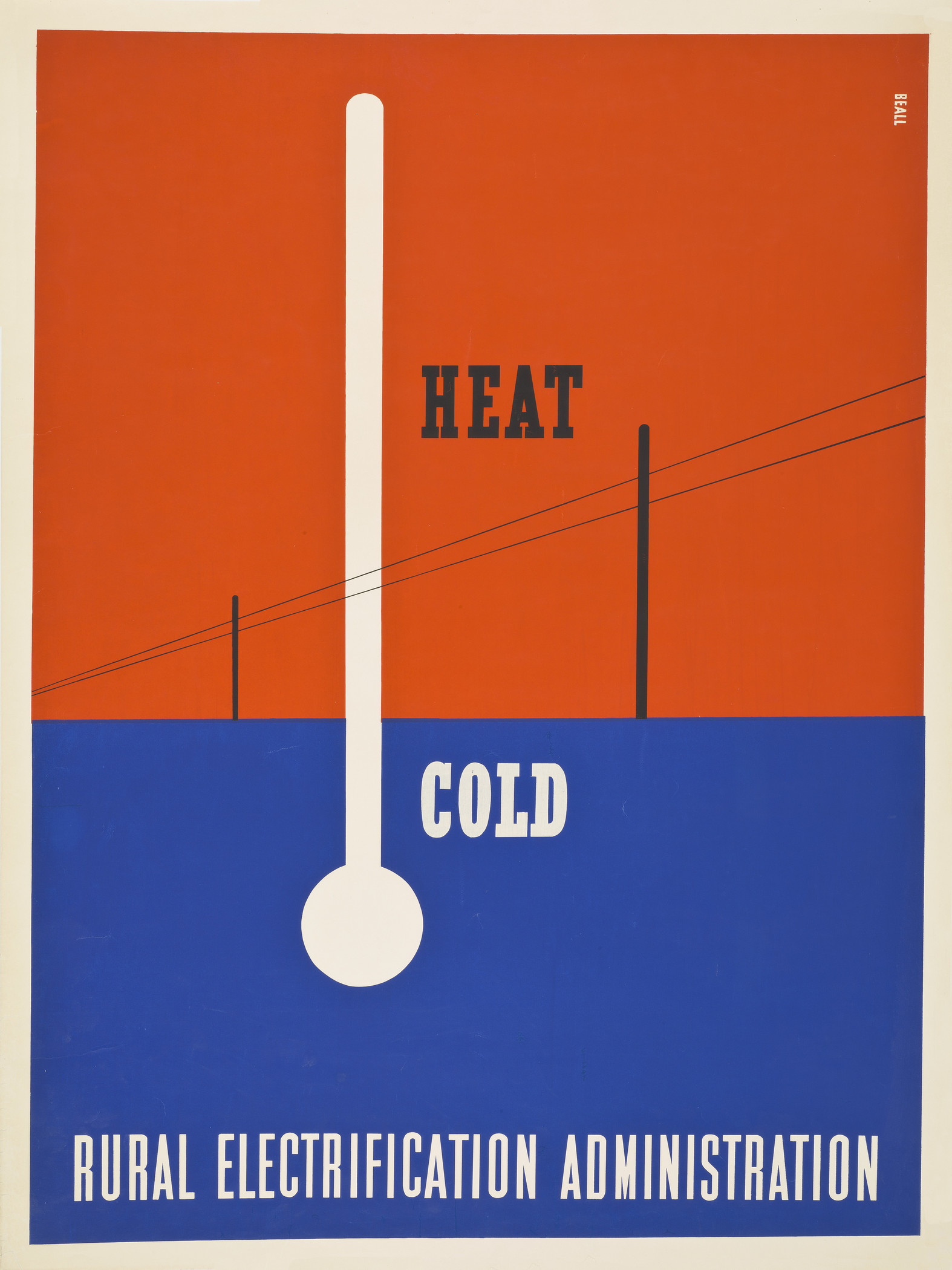
During the 20th century, science and technology transformed the American home, leading to startling changes in its design, contents, and functionality. Better Living through Science: The Home of the Future, 1920–1984 will demonstrate how scientific innovations fundamentally altered the American way of life. The exhibition will explore mass-produced, progressive design, scientific solutions to environmental problems, the emergence of the digital home, and more.
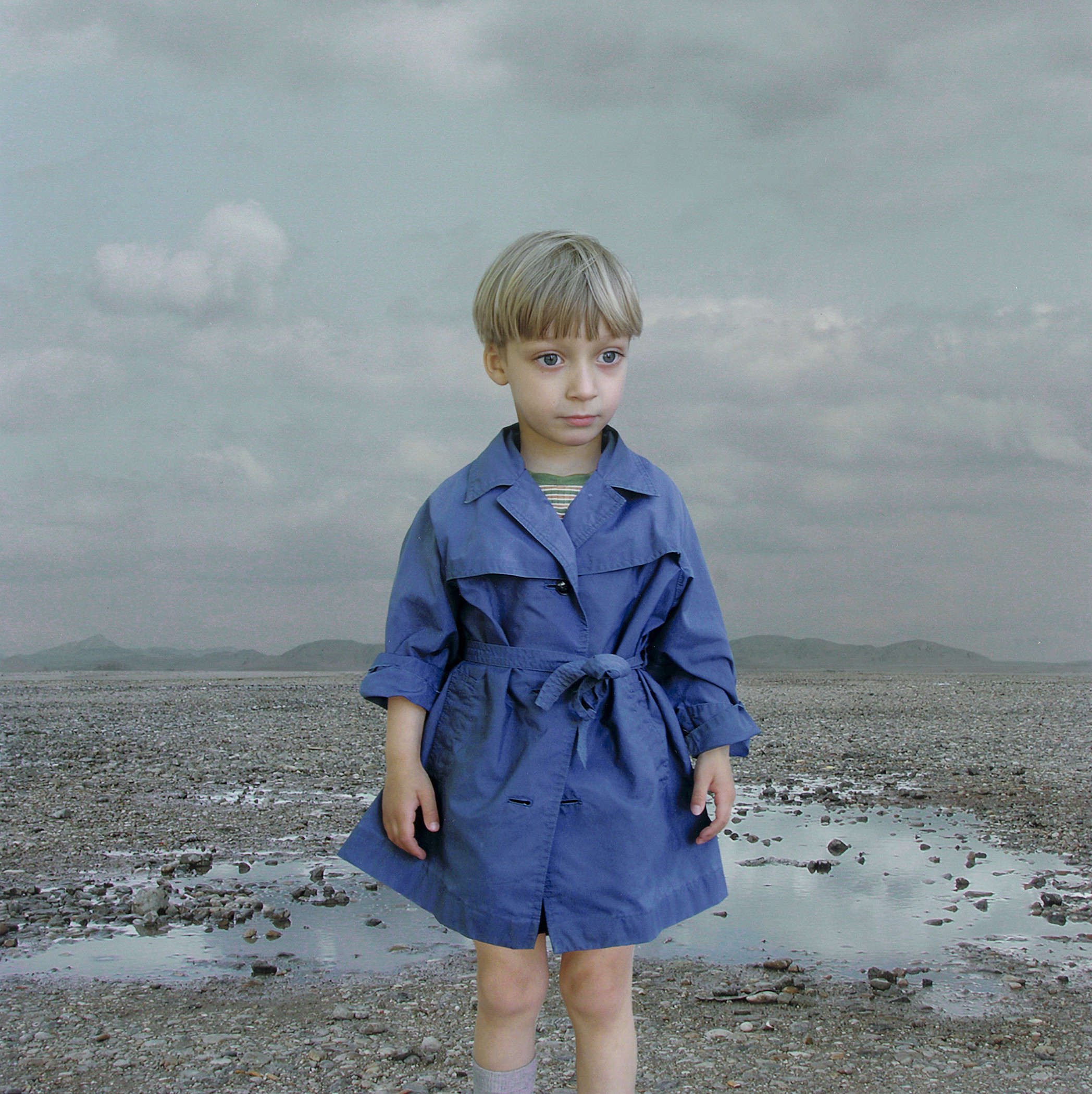
Digital Manipulation in Design, Photography, and Visual Effects will examine how Photoshop and other tools of digital manipulation have altered the fields of photography, graphic design, and visual effects. More than just a shift in practice, this rapid technological change has prompted novel theories of representation, knowledge, and cognition. The exhibition traces the impact of these softwares into the present, exploring current attitudes, from anxiety about intellectual property, the uncanny valley, and machine learning, to investments in world-building, artificial intelligence, and computer vision.
More details about LACMA's exhibitions and programs to come! In the meantime, visit the Pacific Standard Time website to learn more about the initiative and partner institutions.



